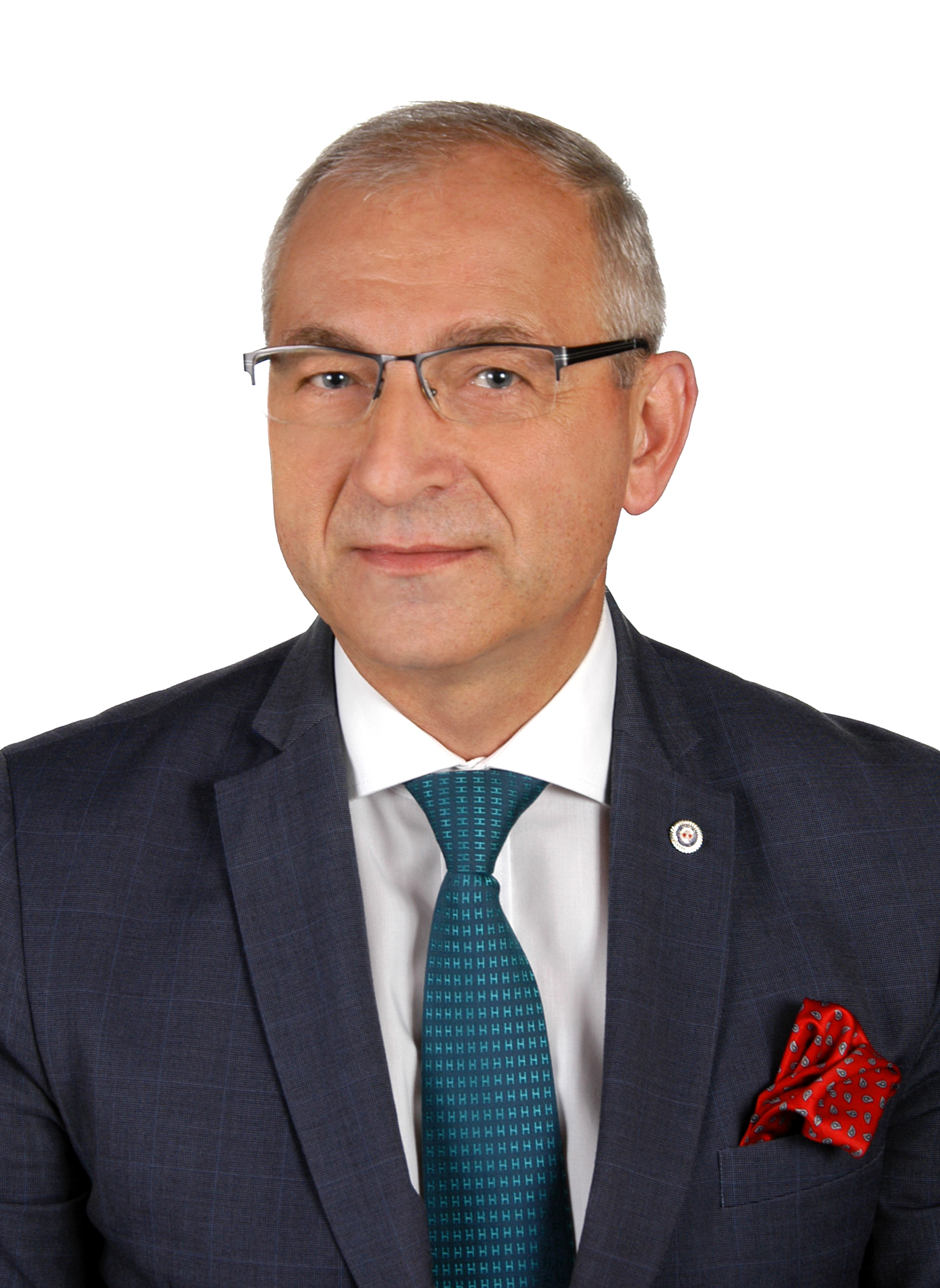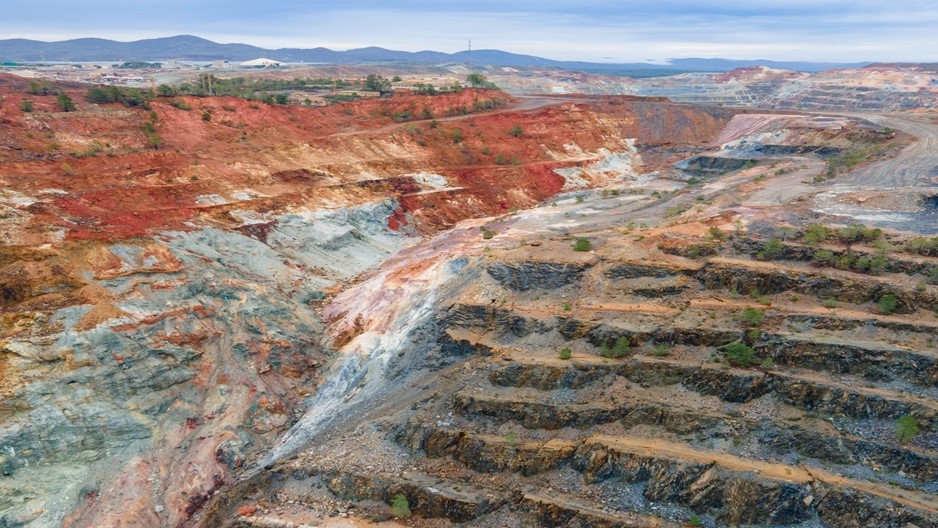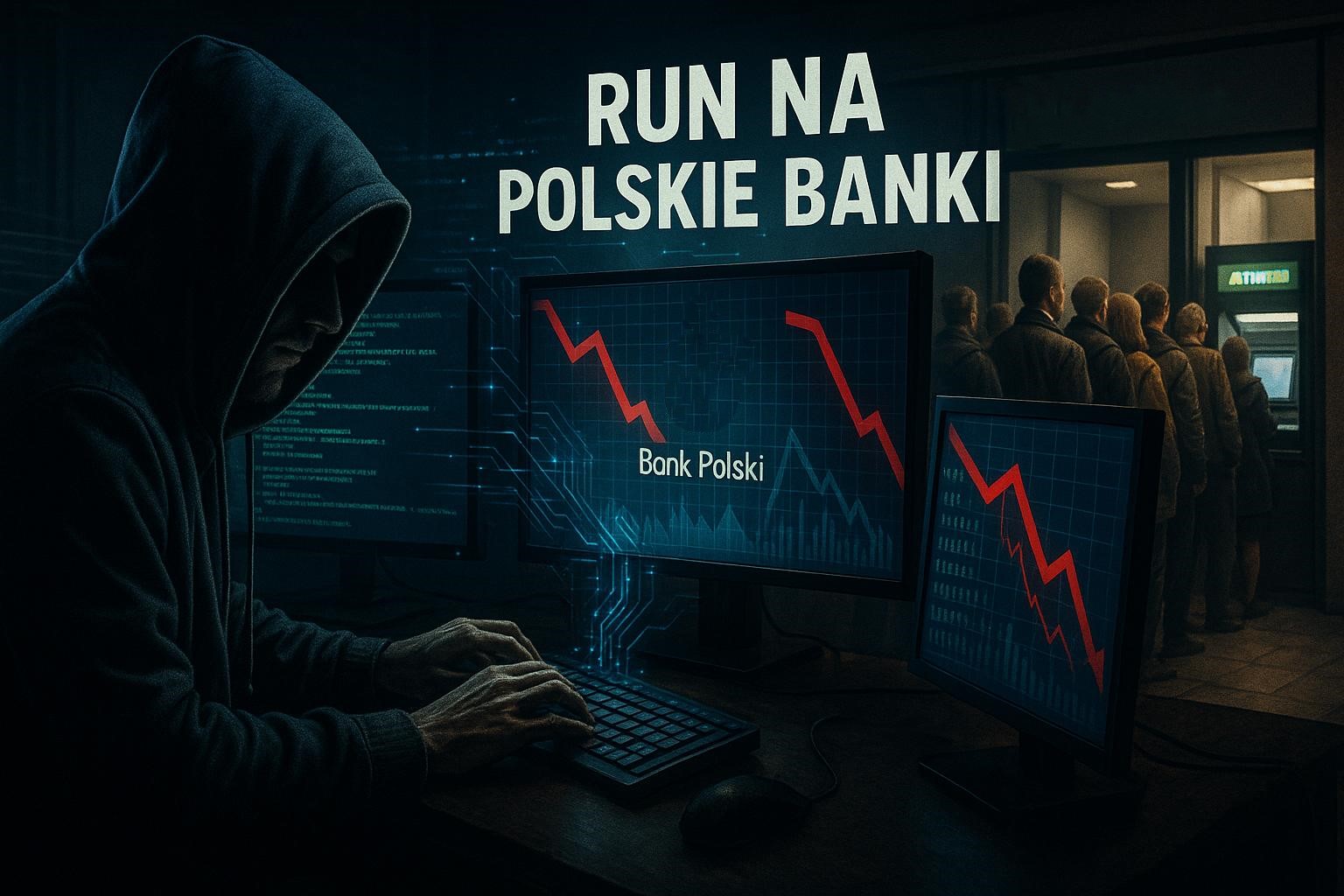During the panel "Climate policy again" as part of the European Economic Congress, president Wojciech Dąbrowski criticized the current direction of EU climate policy. In his opinion, Europe loses competitiveness, and forcing green order without revision and realistic calculations may result in a serious economic crisis.
Europe loses its position at its own request
- Europe creates ambitious strategies and plans, such as the Lisbon strategy or Juncker's plan, but none of these initiatives brought the assumed results - said Dąbrowski. - The European Union consistently loses competitiveness, and the diagnoses flowing even from EU documents, such as Mario Draghi's report, are alarming. According to this report, in order to rebuild competitiveness, the EU would have to invest up to EUR 800 billion a year - the sum whose financing source remains unclear .
Green order without revision and reflection
According to the president, despite the changing geopolitical reality - the US withdrawal from the Paris Agreement, the increase in China's power and the escalation of global conflicts - the European Commission is still "pressing the gas pedal" in the implementation of the green order.
- No revision of this policy has been presented, even though the world around us is changing. We are still pushing reduction goals without reflection on how they will affect the competitiveness of the EU economy - said Dąbrowski. - This is a way to nowhere.
ETS - a blow to industry, not in emissions
Wojciech Dąbrowski sharply criticized the EU ETS system (emissions), indicating that although it led to a decrease in CO₂ by 30%, it also significantly weakened European industry.
" The climate policy was to increase competitiveness, and in reality it weakened it ," he noted. - This is not an effective path to climate neutrality, if we also give up industrial sovereignty .
China is a leader and Europe in the reverse
The president drew attention to the dynamic development of China, which not only dominated the renewable energy market, but also break records in coal mining and consumption.
- Last year, a record -breaking of 9 billion tons of coal were mined in the world, of which China only used. This shows how much Europe peels off the global reality - he noted.
Poland: Successes and questions about the future
President Wojciech Dąbrowski admitted that Poland can boast of successes - 40% of energy comes today from renewable energy, and the prosumer market is developing dynamically .
Unfortunately, many initiatives have been suspended, such as the separation of carbon assets from energy companies or stopping investments in the nuclear power plant in Konin.
- It all shows that we have made our energy security dependent on party policy. And this is a mistake - he warned. - We need a supreme canon of strategic projects that will be implemented regardless of who rules. Otherwise, we will not build either economic or strategic sovereignty, and without it there will be no competitiveness of Poland .
Appeal for reason
In the summary of his speech, the president called on European leaders to move away from an ideological approach to pragmatism. If Europe does not shake and reformulates green order, it will be marginalized by world processes.
- Climate transformation cannot be at the expense of the economy and society. We need a new opening, based on facts, not slogans - he emphasized.
Other panel participants also took the floor, emphasizing various aspects of climate policy and energy transformation:
Michał Kobosko, a Member of the European Parliament, pointed out that Europe is facing a key challenge today: how to support industry and workplaces while maintaining climate ambitions. He noted that climate change is a fact and requires responsible actions, and the green order should not be rejected but reformed. He also emphasized the lack of a coherent industrial strategy, both in Poland and at the EU level, and drew attention to the urgent need to ensure energy sources for the development of the country.
Mirosław Proppe, President of the Management Board of WWF Polska, argued that the energy transformation is inevitable - this economy will ultimately settle politicians and enterprises. In his opinion, instead of denying the green order, it should be improved and better communicate, not marginalized.
Sonia Bucholtz , programs director, transformation financing, industry in the energy forum, noted that the implementation of climate policy is crashing into a complicated decision structure in the European Union. She pointed to the need to determine which industry sectors Europe wants to develop and which should be redefined. In her opinion, cheap energy is the key to the success of industry electrification, and without specific technologies and production strategies it will not be possible to achieve ambitious transformation goals.
Michał Kurtyka , minister of climate and environment in 2019-2021, called for a change in the order of priorities-first energy security, then environmental goals. He emphasized that Europe does not have adequate raw materials or an industrial base to compete effectively with the US or China. In his opinion, Draghi's report accurately diagnoses problems, but he does not really offer new solutions.
Kamil Wyszkowski, national representative, executive director of UN Global Compact Network Poland, reminded that China is consistently implementing their industrial and climate revolution. In his opinion, Europe loses its consistency - withdrawing from some mechanisms that China is still developing. Wyszkowski emphasized that the stake is not only the climate, but a new global order, which will be founded to access cheaper and clean energy.








